Agricultural context
Creation of a pesticide-free melon sector.
Melon production is carried out in two phases: a nursery and an open field (with or without a period under forcing cover in France). This crop can develop several diseases: fusariosis, sclerotinia, mildew, cladosporiosis, bacteriosis and at the end of the cycle when the temperature differences between day and night become more important, powdery mildew. Several pests can also harm the melon, mainly: nematodes, leafminers and aphids.
As a result, the melon is a major consumer of phytosanitary products and companies concerned about quality and image have every interest in seeking alternatives.
MEDINBIO has supported the establishment and deployment of a melon sector without synthetic pesticides in three countries: France, Spain and Morocco.
 France, Spain, Morocco
France, Spain, Morocco
 2019
2019
 Melon
Melon

Northern France (Picardy Beauce Champagne Burgundy Aquitaine)

2019

Potato
Method implemented by Medinbio
MEDINBIO has considered the specific problems of each country.
In order to adapt to the specific situation of each stage of production, MEDINBIO has proposed a specific program for the nursery phase and the open field phase. The proposed combination of SOL-SDN-NATURAL ASSETS has been adapted.
Products used :
In France, the fungal pressure is higher due to the climate and the forcing cover. The management strategy was applied with reduced copper doses.
During the nursery phase, root and leaf growth of the plants was promoted by the application of GLOBACIL, a fertiliser composed of a combination of mycorrhizal fungus and PGPR bacteria associated with prebiotics (fertilising substances). Just after leaving the nursery, an application of BIOBACIL based on PGPR bacteria was carried out to support the establishment of the crop in the field.
A pressure of leafminers was encountered and very quickly controlled by the application of entomopathogenic nematodes.
The PNPPs used, MILVAX and KHI2, evolved during the season to best correspond to the modes of action (biotrophic or necrotrophic) of the problems encountered.
In order to avoid any subcarity that could inhibit the proper functioning of the plant's metabolism, several applications of GREENFLASH, rich in amino acids and trace elements, were made to the crop.
Finally, products based on NATURAL ACTIVES were applied to support the plant throughout the season.
This experience shows the feasibility of a complete substitution of PPPs in a climatic context favourable to the development of fungal pathogens, with a complete programme, the complexity of which assumes good technical skills on the part of the teams given the importance of prophylaxis in this type of itinerary.
It was interesting to note that the yields obtained by the system approach exceeded by far all the conventional controls, proof that the support of the plant offers, for this nematode problem, a more interesting effect than PPP products, whose collateral effects are negative for the life of the soil and of the plant
It was interesting to note that the yields obtained by the system approach far exceeded all the conventional controls, proof that the support of the plant offers, for this nematode problem, a more interesting effect than PPP products, whose collateral effects are negative for the life of the soil and the plant.
Results obtained
In the nursery, the MEDINBIO strategy allows the plants to develop better to achieve a better implantation in the field.
The strategy meets the needs of the plant throughout the season and has resulted in yields similar to conventional routes in France, Spain and Morocco.
In France and Spain, the strategy ensured the proper functioning of the plant's metabolism and the management of disease risks with low copper doses.
In Morocco, nematodes and the stresses they cause were effectively controlled and yields were equivalent to conventional.
TestimonialEfficient yields
On 26/02/2021


